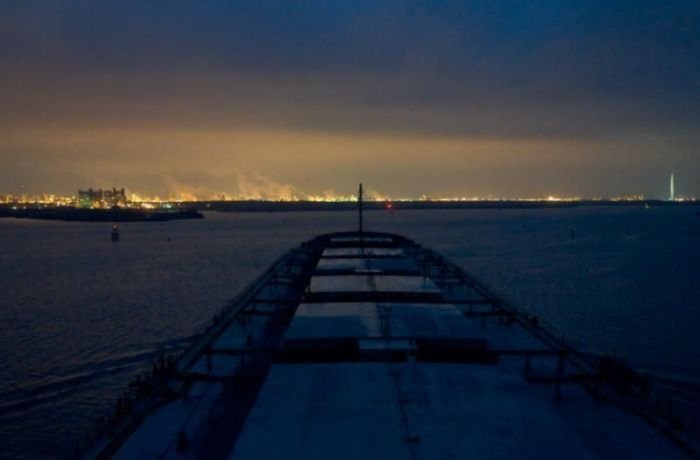|
|
Shipmaster View
|
The captain ensures that the ship complies with local and international laws as well as company policies. The captain is ultimately responsible for aspects of operation such as the safe navigation of the ship, its cleanliness and seaworthiness, safe handling of all cargo, management of all personnel, inventory of ship's cash and stores, and maintaining the ship's certificates and documentation.
One of a shipmaster's particularly important duties is to ensure compliance with the vessel's security plan, as required by the International Maritime Organization. The plan, customized to meet the needs of each individual ship, spells out duties including conducting searches and inspections, maintaining restricted spaces, and responding to threats from terrorists, hijackers, pirates, and stowaways. The security plan also covers topics such as refugees and asylum seekers, smuggling, and saboteurs.
On ships without a purser, the captain is in charge of the ship's accounting. This includes ensuring an adequate amount of cash on board, coordinating the ship's payroll (including draws and advances), and managing the ship's slop chest.
On international voyages, the captain is responsible for satisfying requirements of the local immigration and customs officials. Immigration issues can include situations such as embarking and debarking passengers, handling crewmembers who desert the ship, making crew-changes in port, and making accommodations for foreign crewmembers. Customs requirements can include the master providing a cargo declaration, a ship's stores declaration, a declaration of crewmembers' personal effects, crew lists and passenger lists.
|
|









